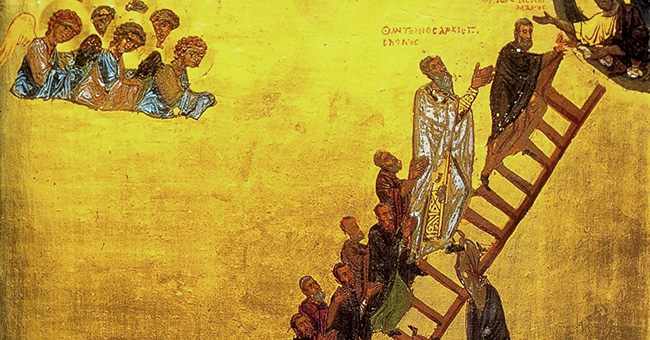A young mother, grieving for the death of a baby, asks the question, ‘Will I be reunited with my Olivia in heaven?’
An elderly widower expresses certainty that he will be with his bride in heaven.
It’s almost as though Christian faith depends on after-death reunions of loved ones. The guidance, however, that Scripture gives us on this is vague and contradictory.
So, the totally honest answer to this question, especially as no-one has returned to tell us, is that we don’t know. But when faced with the direct question, ‘Will we be reunited in heaven?’, I hesitate.
Of course, the temptation for us pastors is to give the easy answer, the answer that people want to hear. The reality, however, is that we understand so little about life after death: what does time mean in life and after we die? What does resurrection mean for us as individuals? Will there be a different experience for those who do not identify as Christians? How will we connect with those from whom we have been estranged in this life? Cynical Sadducees asked Jesus a similar question, ‘In the resurrection, whose wife will she be?’ (Matthew 22:28)
Many people believe firmly that the church teaches that we, as individuals, will be united after death with loved ones. Many clergy taking funerals, without directly endorsing this view, allow it to stand as an implication of their pastoral message. I understand this prevarication: we are motivated to tell good news. I am deeply uncomfortable, however, with its dishonesty. This teaching falls short. There is better news.
The idea that we will be united with loved ones after death springs from a good place: it is an idea that the best God has given us in this life is love, and the one thing that we should expect from the eternal God is ongoing love.
In this life, we love with our bodies: we make love with our spouse with our body; we are present in the body to our friends. When we are absent from our loved ones, we project our bodies through space to continue the contact – our image on FaceTime, our voice on the telephone, our hand-writing in a card. These symbols of our body tell our loved one that we yearn to be present in the body.
Death destroys the body. Dust we are, and to dust we return (v. Genesis 3:19). The body is then transformed in resurrection. We know almost nothing about what Saint Paul calls the ‘resurrection body’, only that we would be a ‘foolish person’ to imagine it to be the same as our current body. It is as different from the natural body as the wheat plant is from a grain (I Corinthians 15:36-37)!
Love, after death, will also be the same and categorically different. While our bodies can love gloriously, God promises a love after death that is different in degree and in expression: a much better love. All bodily limitations to love will be removed and transformed. Who knows whether we will rise as individuals, or as love promises, somehow joined in love? Or something entirely different, and, as yet, unimagined?
My plea is that we settle for more than the idea that we will be reunited with loved ones, and that we take the Bible at its word (I Corinthians 2:9, quoting Isaiah 64:4), that God will exceed our imagination as to how wonderful love in the resurrection will be. It will be heaven!


